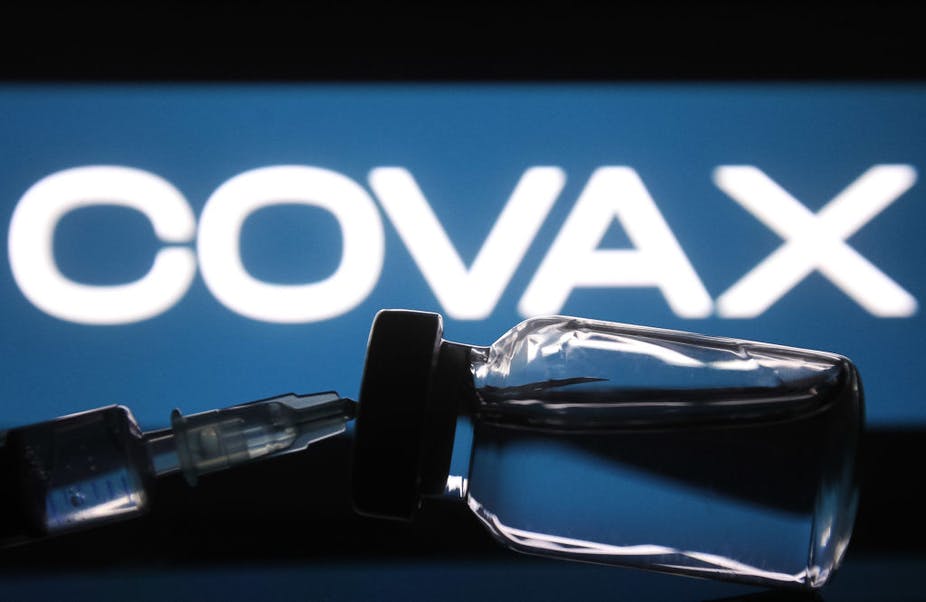Zimbabwe has received 943 200 Covid-19 vaccine doses from the global COVAX facility to complement the country’s ongoing national vaccine deployment.
The vaccines were received in tranches, the first batch arrived in the country on September 29, 2021, while the second batch was delivered on October 1.
The COVAX Facility is a global partnership comprised of the Coalition for Epidemic Preparedness Innovations (CEPI), Gavi, the Vaccine Alliance, the United Nations Children’s Fund (UNICEF) and the World Health Organisation (WHO), established to facilitate equitable access to Covid-19 vaccines for all countries.
Covid-19 vaccines through the COVAX facility are made possible by contributions from over 20 countries while according to UNICEF, the top seven countries that made donations to the COVAX Facility are the United States, Germany, United Kingdom, European Union, Sweden, Canada, and Saudi Arabia.
In a press statement from UNICEF, a handover ceremony was held in Harare Friday where Deputy Minister of Health and Child Care, Dr John Mangwiro expressed gratitude to all partners for their support in facilitating the arrival of the vaccines into the country.
United Nations Resident Coordinator to Zimbabwe, Maria Ribeiro, added that it was delightful to see the arrival of Covid-19 vaccines in the country through the COVAX Facility.
“This is an important and tangible act of solidarity from the international community and will bolster the admirable national COVID-19 vaccination rollout by the Government of Zimbabwe,” she said.
To date, Zimbabwe has reportedly procured over 12 million doses and accompanying injection safety materials using its own local resources.
As of September 30, 2021, a total of 3 084 154 people in Zimbabwe had received their first dose of the Covid-19 vaccine while 2 271 135 had received both jabs across the country.
Zimbabwe launched its Covid-19 vaccination campaign on February 22, 2021, targeting health workers and essential services providers.
With the availability of more doses, the vaccination was opened to everyone and is provided on a voluntary basis and free of charge.
While Covid-19 vaccination will allow countries to open their economic activities, continued adherence to preventive measures to avoid the spread of the virus by wearing face masks, washing hands and respecting social distance, remain critical.
The UN said it would continue working with the Zimbabwean government in fighting the Covid-19 pandemic and making sure there is continued provision of essential services including routine immunisations.
COVAX was formulated after countries agreed that developing a vaccine against Covid-19 is the most pressing challenge of ‘our time – and nobody wins the race until everyone wins.’
The global pandemic has already caused the loss of hundreds of thousands of lives and disrupted the lives of billions more.
As well as reducing the tragic loss of life and helping to get the pandemic under control, the introduction of a Covid-19 vaccine is anticipated to prevent the loss of US$ 375 billion to the global economy every month.
Global equitable access to a vaccine, particularly protecting health care workers and those most at risk is the only way to mitigate the public health and economic impact of the pandemic.
According to UNICEF, COVAX offers: doses for at least 20 percent of countries’ populations, diverse and actively managed portfolio of vaccines, vaccines delivered as soon as they are available, end the acute phase of the pandemic and rebuild economies

